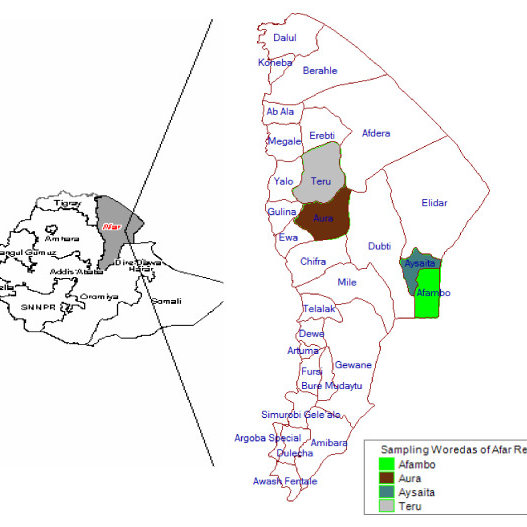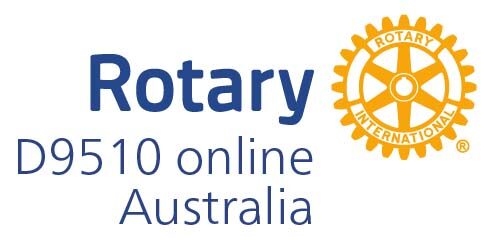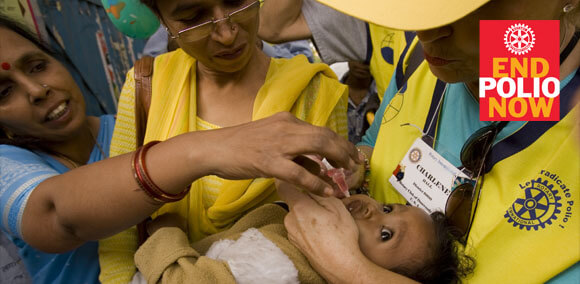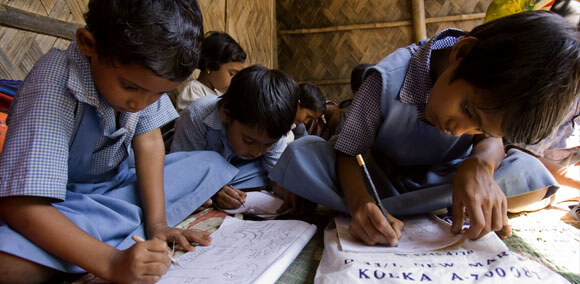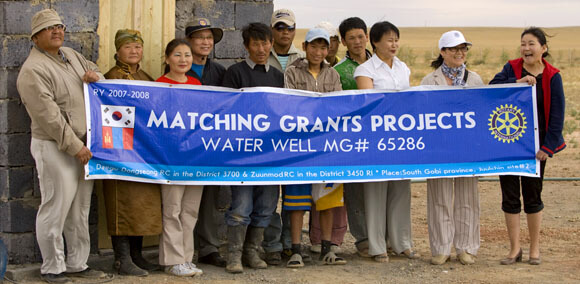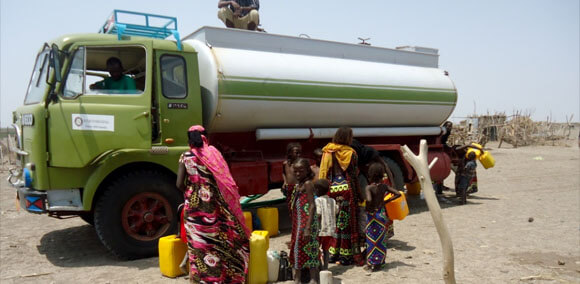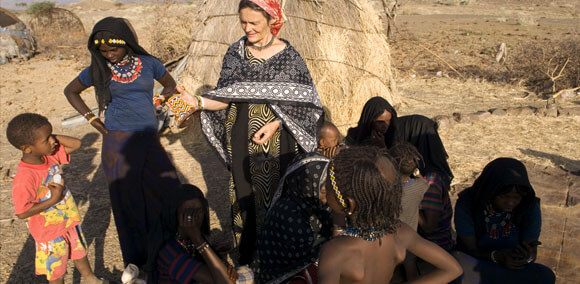Today we received an email from Rotarian Valerie Browning –
Dear all
want you all to know how fast this conflict is moving: from this side, the Afar are pushing back the advance at high cost in casualty as well as destruction of dwellings, infrastructure and assets such as herds.
APDA continues to work as hard as we can with all obstacles – we are trying to reach all malnourished people as well as delivering mothers. Right now, APDA may well be the remaining organization that is moving in the rural communities.
To all of you, APDA sends its strong greetings knowing that you all stand for an end to the dabarcle, from your side supporting as you can with concern and assistance.
all the very best
Valerie
The following is a detailed report:
Desperate war moves south in Afar Region still attempting to break through to the Djibouti/ Awash – Addis highway: November 12th and 14th 2021
‘Adda’ar south of Sifra on Afar Region’s western border has been inflicted with terror since TPLF broke into the district through Bati having taken Dessie and Kombolcha in Amhara Region. This is now the 14th day of displacement, people literally fleeing from place to place to escape the conflict.
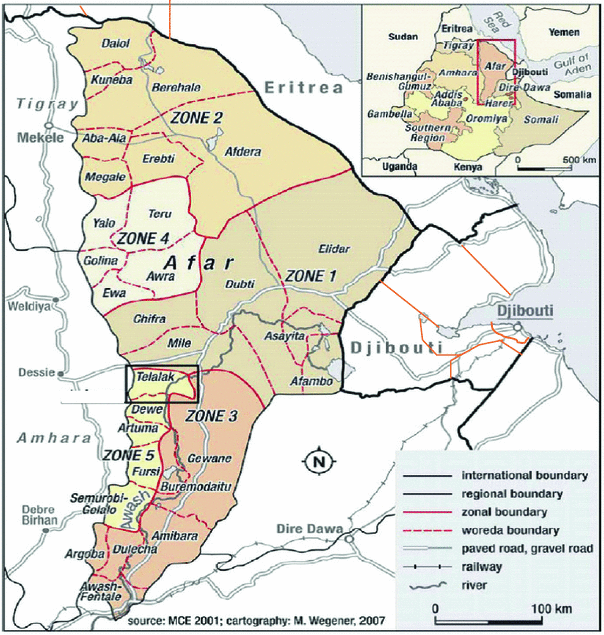
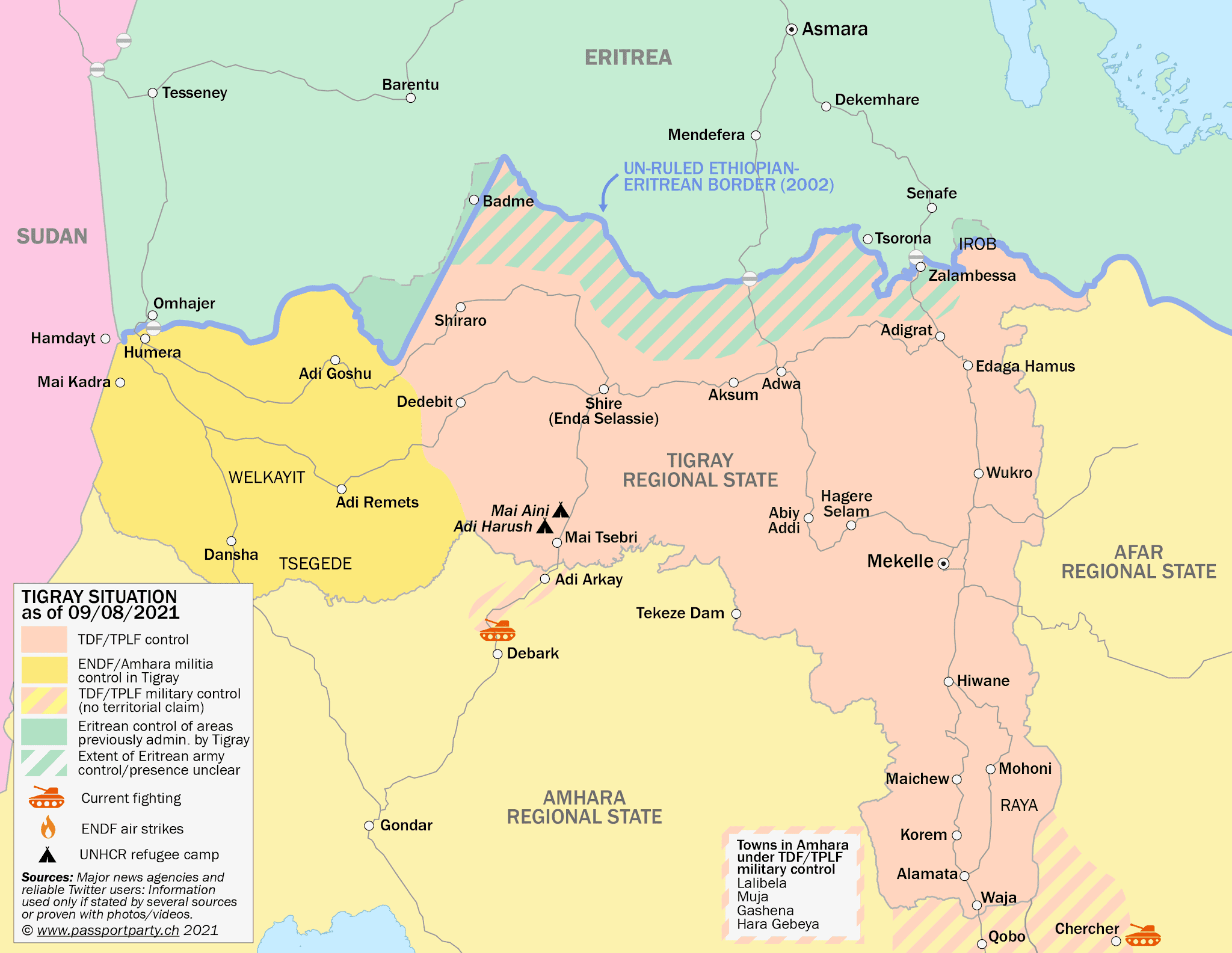 APDA visited as deep into the district as possible on Saturday 13th going into the affected rural area from the roadside town of Eli Waha partly by vehicle across the Yaldi grazing plain and then by foot seeking the displaced people. Estimated at around 30 to 35,000 people, they have had to move several times as fighting has encroached further into their territory as well as passing through Talaalak district down to Dawwe. While displaced people including APDA’s health and women extension team in ‘Adda’ar could not be reached as they are sheltering between two frontlines of fighting, the situation appears as follows:
APDA visited as deep into the district as possible on Saturday 13th going into the affected rural area from the roadside town of Eli Waha partly by vehicle across the Yaldi grazing plain and then by foot seeking the displaced people. Estimated at around 30 to 35,000 people, they have had to move several times as fighting has encroached further into their territory as well as passing through Talaalak district down to Dawwe. While displaced people including APDA’s health and women extension team in ‘Adda’ar could not be reached as they are sheltering between two frontlines of fighting, the situation appears as follows:
- Destruction: As the raiding TPLF army came in from Amhara Region along the Bati to Mille road, they fought and destroyed in their path the villages of Burka, Mudayna and the small town of Darsa Gita is apparently razed to the ground from air – bombardment as well as constant battle. There, 14 Afar civilians died, one a woman. Several TPLF were captured: to the surprise of the man reporting this who caught 3 soldiers, one was a female with a child the size of 2 years strapped to her back. He said so many soldiers were in their mid-teens, both captured and dead.
- For the past 14 days, they have had no access to food but have livestock – mainly goats and sheep they would want to sell for food. APDA met a group of 8 males (3 much younger and 5 older) walking to find food for displaced people now sheltering just inside Talaalak. They described a couple of pregnant mothers whose feet were badly swollen and desperate to eat, children and elderly. These men had walked for 12 hours. We took them back with us to Eli Waha where they intended to make a purchase, find a government vehicle to go so far and do the remaining journey back to their families with camels. They emphasized the shortage was access to food supply. They normally link to Bati from which prolific fruit and vegetables come in good times and all other food supply. Now anything reaching them must come from Logya/ Dubte.
- Fighting is fast moving. While APDA team was in ‘Adda’ar, 3 fighting fronts were reported: one north very close to Sifra (Hormayti); one in Kabanawa traveling west toward Mille from the destroyed town of Darsa Gita and the third having moved into Zone 5 of Afar Region reaching Dawwe. Overnight another huge fight and more casualties including the district head of health. The Dawwe mosque was set ablaze and several houses.
- The TPLF army had tried to break through to reach Adayto south of Mille on the Awash Road, presumably to cut the road. Government and Afar forces have frustrated that but the TPLF is using 25 kilometer launch firepower that reached the town of Eli Waha falling in the school compound November 14th with the intention to show the town and Eli Waha they will fall victim.
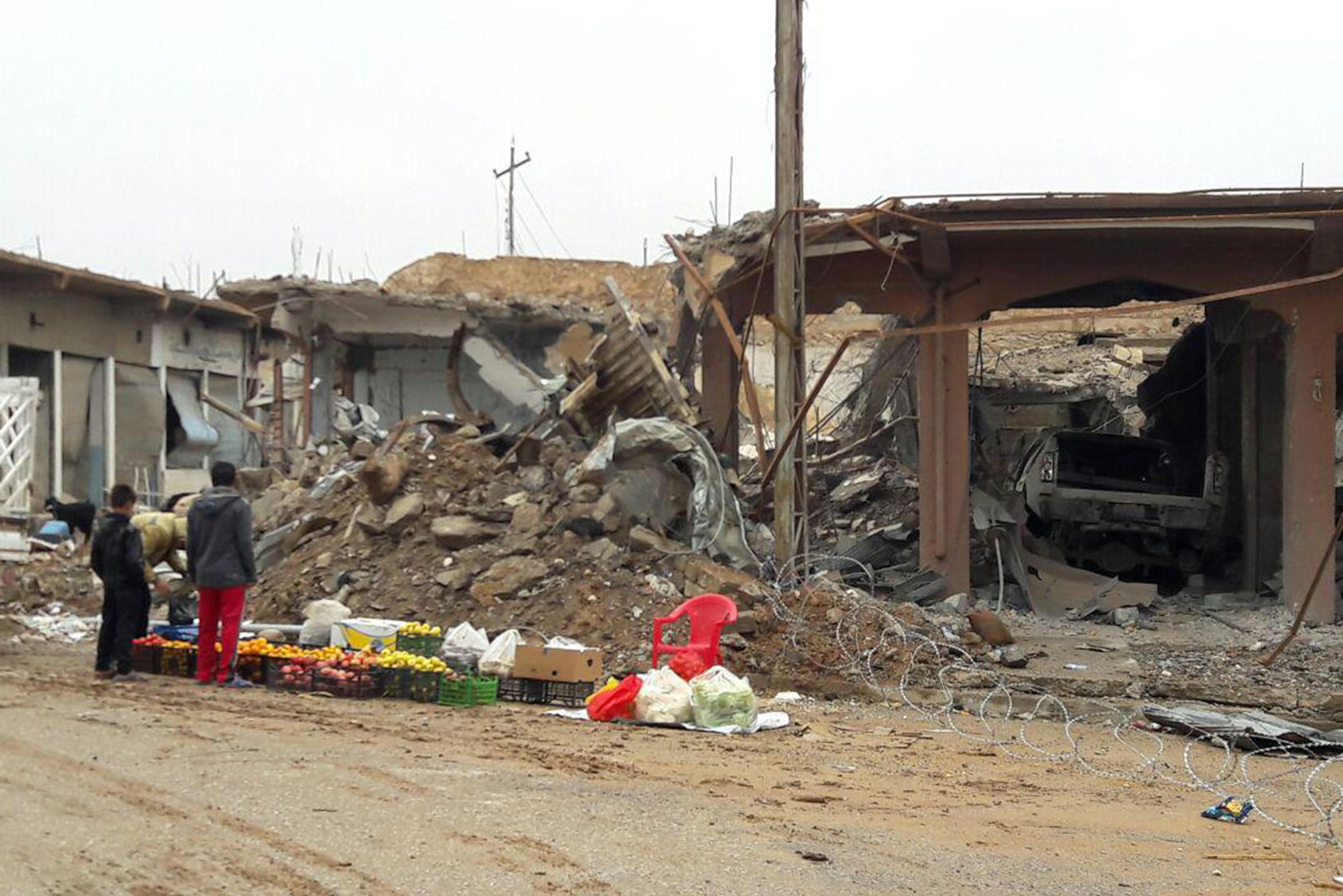
As far as it is possible, APDA sees the following urgent needs:
- Displaced in ‘Adda’ar need food – if it was possible, that they can buy it
- Displaced have no shelter or blankets – the nights are particularly cold
- APDA has sent messages to gather and re-build its mobile health team there – of 9 known health workers in the area, one was found and messages sent out. Nutrition status must be followed as well as that of quality of drinking water – there are several streams cutting through the district from the highlands and people normally dig in the sand of a riverbed to get drinking water as well as water animals. Most likely, households need water-storing jerricans.
- Communities have been separated from their herds so the loss in this respect is not yet known.
Currently all government facilities are non-functional with the exception of a fuel – operated generator in Eli Waha pumping water. The one health center in the district is now under military use. As in other conflict districts, there are no mosquito nets visible in use.
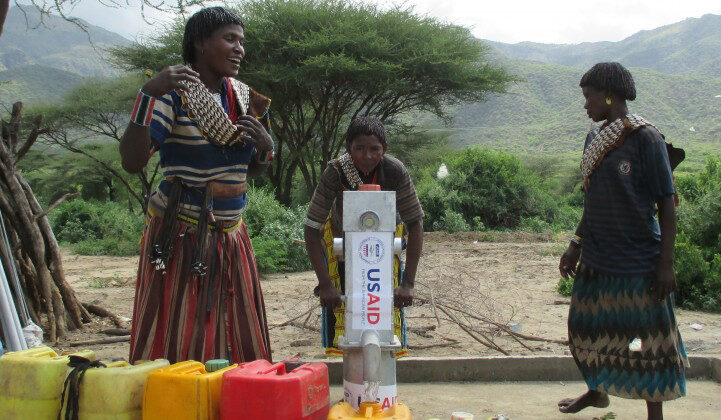
‘Adda’ar now amounts to the 8th border district affected/ just – been – affected district in the Region revising numbers of displaced up to around 350,000 people. Again, as of 2 days now, Dawwe town and surrounds must have displaced as fighting was highly intensive (Dawwe is adjacent to the Amhara Region town of Kammise) recently captured by the combined Tigray/ Oromo forces in the attempt to go south to Addis Ababa along the highland escarpment.
Due to intensive fighting, access to displaced people is restricted. Through immense government support, APDA has obtained access permit and is currently delivering shelter and WASH material (soap and storage jerricans) to people in Uwwa where around 25,000 displaced people are sheltering having had their homes burnt and raided in border fighting in the past 3 weeks, just north of Sifra and is looking to support another NGO’s effort to deliver food.
In summary:
- The means whereby displaced and conflict area populations can get food: by purchase if remaining with assets; distribution if rendered destitute
- Health services walking house to house remains vital to following and treating malnutrition and diseases as well as servicing pregnant and delivering mothers
- Blankets and mosquito nets are particularly needed- the season is cold at night and mosquitoes are high in western Afar
- As possible, education among displaced people and conflict isolated people should continue – APDA has mobile teachers and teaching under a tree is much better than children continuing to endure the psychological trauma of living with conflict
APDA is more than willing to facilitate any form of assistance
